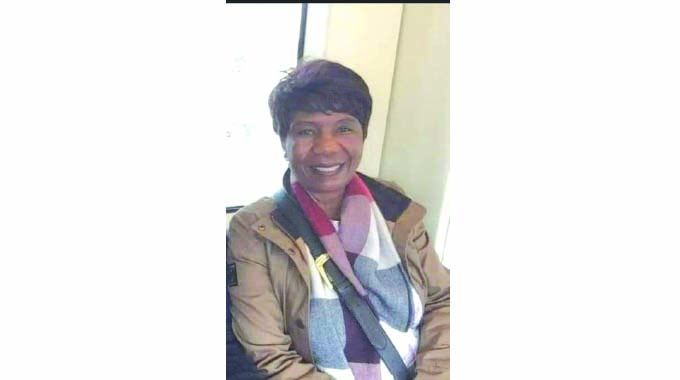Museum partners JMN Foundation

Nqobile Tshili, Chronicle Reporter
THE Museum of Africa Liberation has partnered with the Joshua Mqabuko Nkomo National Foundation Museum to amplify the works of the late Father Zimbabwe Dr Joshua Nkomo at a continental level.
The two institutions on Monday signed a Memorandum of Understanding, which will see the two institutions cooperating in preserving the legacy of the late Vice President.
The signing ceremony was held at the Joshua Mqabuko Nkomo Museum in Matsheumhlope suburb, Bulawayo.
Dr Nkomo is revered for being a nation builder who valued peace, tolerance and ubuntu, and his impact was felt at a continental and global level.
Father Zimbabwe died in 1999 and his Matsheumhlope home was converted into a museum that tells his life story.
The Museum of Africa Liberation is an institution that seeks to tell African stories from the African lenses and is part of the Institute of African Knowledge (INSTAK).
INSTAK head of secretariat, Ambassador Kwame Muzawazi said they had started working with the Joshua Mqabuko Nkomo Museum before the signing of the MoU yesterday.
He described the Joshua Mqabuko Nkomo Museum as a spiritual place, which embodies African nationalism.
Ambassador Muzawazi said by the end of February, his institution would have digitised some of the content at the museum for better storage.
At the moment, most of the files at the museum are stored in hard copies and in case of a fire, everything can easily go up in smoke.
“This is not just a museum, it’s a place that is very rich spiritually. It’s a space of memory, nationally and continentally. So, we are happy to work with the Foundation in amplifying what is already here. We are going to take a section and within three months we are going to modernise one section to give a sample of what the whole work will look like. Let’s talk at the end of February, we will have results, we don’t want to do much talking, we are going to implement,” said Amb Muzawazi.
He said time has come for the African to tell her story.
“We have lived for the past 500 years with the wrong story being told about Africa. People like the late Dr Joshua Nkomo fought for the African to be able to have his or her own voice, to have his or her own story told in a manner that is unhindered politically. We really feel honoured to be part of the process that amplifies his efforts within the framework of the Museum of African Liberation,” he said.
Amb Muzawazi said while the Museum of African Liberation is headquartered in Harare, its thrust is continental, with the aim of documenting African stories.
“There is no better way to learn about our glorious history of Africa than documenting the lives of those who were at the centre stage of African history and African struggle such as the late Dr Joshua Nkomo. So, the INSTAK is pleased to partner the Foundation as well as the museum and will do everything in its capacity to ensure mutual enhancing and reinforcing efforts that succeed both locally and internationally,” said Amb Muzawazi.
Speaking at the same event, renowned historian Mr Pathisa Nyathi, who is also a trustee of the Joshua Mqabuko Museum, commended INSTAK for taking the lead in promoting the African story.
He said for Africa to compete at a global level, she needs to tell her victory story from her unfiltered experiences hence the need to decolonise African thoughts.
“I thought I was a lone voice talking about these issues (African telling their stories) because there are people who strongly believe that there is no knowledge from the African continent and Africa seems to have accepted that tragedy. Africa will go very far as long as it does not tell her own stories from her own perspective; that is critically important,” he said.
“When we talk about pan-Africanism, we must be very clear what we mean. My view is that we are not Africans by virtue of being resident in the African continent, far from it. We are not pan-African or African by virtue of our black skins; there is something that is fundamental; it is that which must come out when we begin to tell our own stories from our own perspectives. A holistic picture of that story.”
Mr Nyathi said the Joshua Mqabuko Nkomo Museum is not just about telling his story, but narrating the African struggles and victories.
“We are trying to collaborate, cooperate, learn from each other, move forward and tell the African story. This is encapsulation, this is not just about Joshua Nkomo, Joshua Nkomo happens to represent a certain struggle, a struggle of the African people. That museum is an encapsulation of a struggle, a struggle that does not commence in the 1960s, but the time of occupation back in 1890-1893,” said Mr Nyathi.
He led Amb Muzawazi on a tour of the museum, narrating the journey that was travelled by Father Zimbabwe through pictures and some of his life events from his early life struggle to the time of death.
At the end of the tour, Amb Muzawazi signed the book of condolences in remembrance of Father Zimbabwe. — @nqotshili












Comments